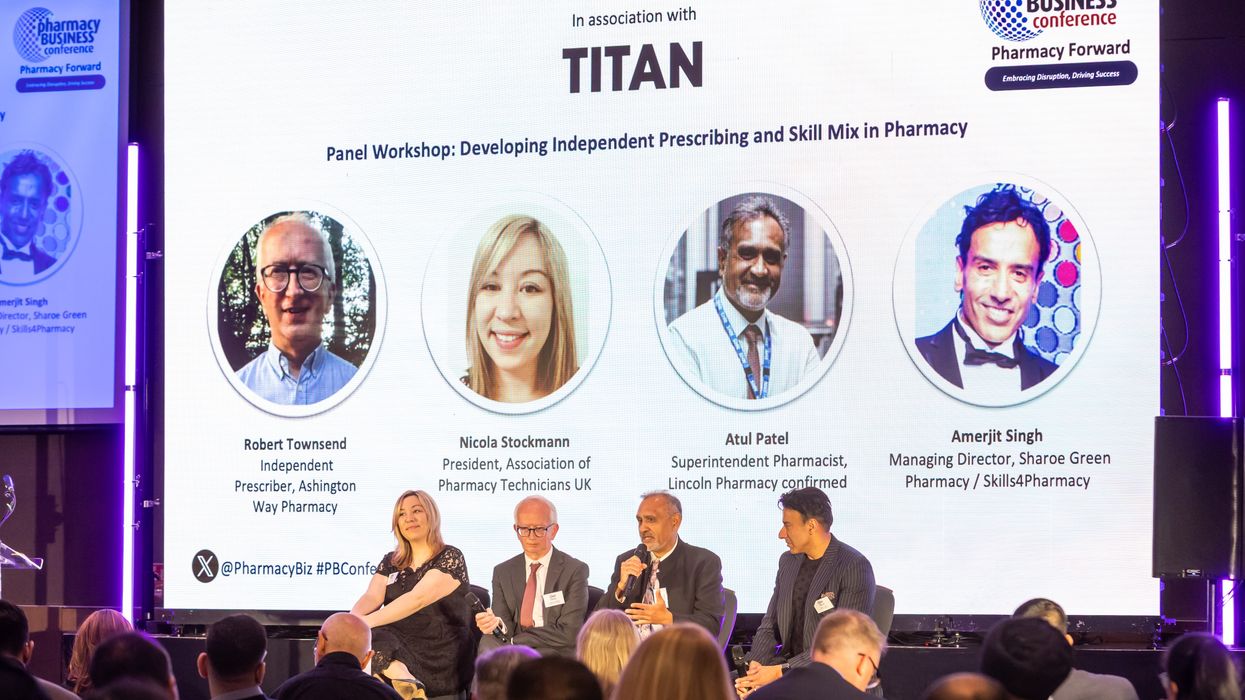NHS England has proposed a new mental health access standards that will ensure patients requiring urgent care are seen by community mental health crisis teams within 24 hours of referral.
The most urgent patients will get help within four hours. Mental health liaison services for those who end up in A&E departments would also be rolled out to remaining sites across the country.
The NHS is consulting on the new standards, which have been piloted by mental health providers in collaboration with acute NHS trusts, and are backed by clinical and patient representatives.
They are part of overall service expansion and improvement for mental health outlined in the NHS Long Term Plan.
NHS chief executive Sir Simon Stevens said: “Together with the guarantee that mental health investment will increase each year as a share of the growing NHS budget – as has been the case each year since 2015 – these new waiting times standards are another key milestone in the journey to putting mental health on an equal footing with physical health, so-called ‘parity of esteem’.”
Claire Murdoch, the director of NHS National Mental Health, said: “These new standards represent another major step towards parity of esteem, ensuring people who need care know when they can expect to receive it and will support more rapid access to evidence-based treatment and support.
“They will help with work already underway with the NHS turning the tide in mental health for a range of conditions as part of the Long Term Plan.
“This includes thousands of women benefitting from specialist perinatal mental health care last year and improvements to our children and young people’s services meaning more children and young people are accessing treatment than ever before, including timely, evidence-based care for eating disorders.”
Mark Winstanley, the chief executive of Rethink Mental Illness, said: “These standards act as building blocks on which we can build a potentially first class model of mental health care and recognize the universal truth that the quicker we can step in to provide high quality treatment, close to home for someone living with mental illness, the more we improve prospects of recovery. While they will depend on the right staff being in post they will also set the bar for something similar in social care, where so much of someone’s support for their mental illness actually takes place.”
Dr Adrian James, president of the Royal College of Psychiatrists, said: “These proposed new standards for community and liaison mental health services are an important step to delivering parity of esteem for mental illness. Access standards can make a real difference for patients by providing a clear set of priorities for services and commissioners.
“Improving care for our patients so they’re seen quickly and close to home is key to their recovery. We look forward to engaging with the consultation to ensure that these standards are introduced in the most effective and clinically appropriate way.”
Paul Farmer, chief executive of the charity Mind, said: “A huge number of people have developed a mental health problem since the start of the pandemic and some groups have been hit particularly hard, including young people, those on low incomes and people from racialised communities, but not got help early on. With increasing numbers of people reaching crisis point, it is critical that they get the right mental health support quickly, which these standards would help to achieve.
“Many thousands of people will be left with long term impacts from this period, whether because of bereavement, unemployment, trauma or the weathering effect of life during lockdown. Knowing that the NHS is committed to timely access to support could make all the difference as we emerge from the pandemic and plan for the future.”
Imelda Redmond CBE, national director at Healthwatch England, the patient champion, said: “The COVID-19 pandemic has seen a significant rise in the number of people struggling with their mental health. The unpredictability of day to day life – combined with a personal loss and pain that so many of us have experienced in the past year – has had significant knock-on effects on our wellbeing.
“Good mental health is important to us all so we need concerted action to address and meet the increased demand for mental health services.
“The proposed standards will help people understand what level of care to expect and will help NHS track progress. Crucially, this will surface the performance of mental health services and give them the same sort of attention as emergency care and elective care backlogs. Ultimately, the true test is whether or not these standards improve experiences for patients.
“We’ll be encouraging people to tell NHSE exactly how mental health services work for them to help ensure their voices are heard.”
Minister for Mental Health, Nadine Dorries, said: “I am absolutely committed to supporting everyone’s mental health and these proposals are a crucial step forwards in ensuring vital treatment can be accessed quickly.
“This work complements our mental health recovery action plan – supported by £500 million – which ensures we offer the right support over the coming year to help people with a variety of mental health conditions. We have also provided £2.3 billion a year – the largest increase in mental health funding in NHS history – to expand and transform services in England, which will help 2 million more people to access mental health services by 2023/24.”
Read the proposed new standards here.

















